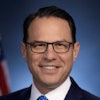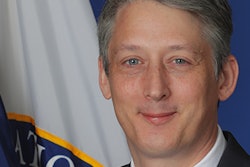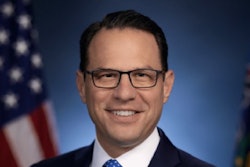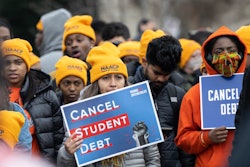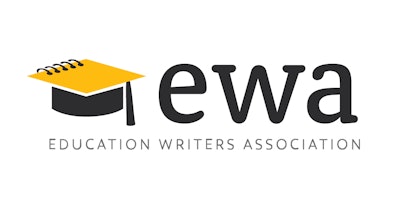
At a session called “Forgiveness, Fairness, and the Future of Student Loans,” moderated by Cory Turner, correspondent and senior editor at NPR, panelists were asked for their take on whether the Biden administration should erase some level of federal student loan debt (and if so, how much).
“If the question is should the Biden administration forgive all student debt, I’m a really clear no,” said panelist Dr. Sandy Baum, nonresident senior fellow at the Urban Institute, a think tank. “But I think it is important that people don’t see it as a clear yes-no. There are obviously people who need to have their debt cleared.”
Baum noted, for example, federal student loan borrowers who have been victims of fraud and abuse by their colleges, saying that they should have their debt erased. Yet she disagreed with broad student debt forgiveness, calling it “inequitable.”
“I feel really strongly that we need a viable system—and that if we forgive all this debt today, we will be right back to where we started from,” she said.
However, panelist Betsy Mayotte, president and founder of The Institute of Student Loan Advisors (TISLA), a nonprofit offering free student loan advice to borrowers, took a more middle path, saying it needs to be easier to forgive loans for “the most vulnerable borrowers.”
She pointed out that more than a million student loan borrowers in default owe less than $10,000. These borrowers most likely did not complete their degree, so they did not get an earnings boost from their education—yet are still in debt for it.




